For some patients with blood cancers and related disorders, a stem cell transplant offers the possibility of a new beginning. Vincent Ho, MD, clinical director of the Stem Cell Transplantation Program at Dana-Farber/Brigham and Women’s Cancer Center, is no stranger to this feeling of starting fresh. He had his own new beginning when he and his family emigrated to the U.S. from Vietnam in 1978, three years after the fall of Saigon.
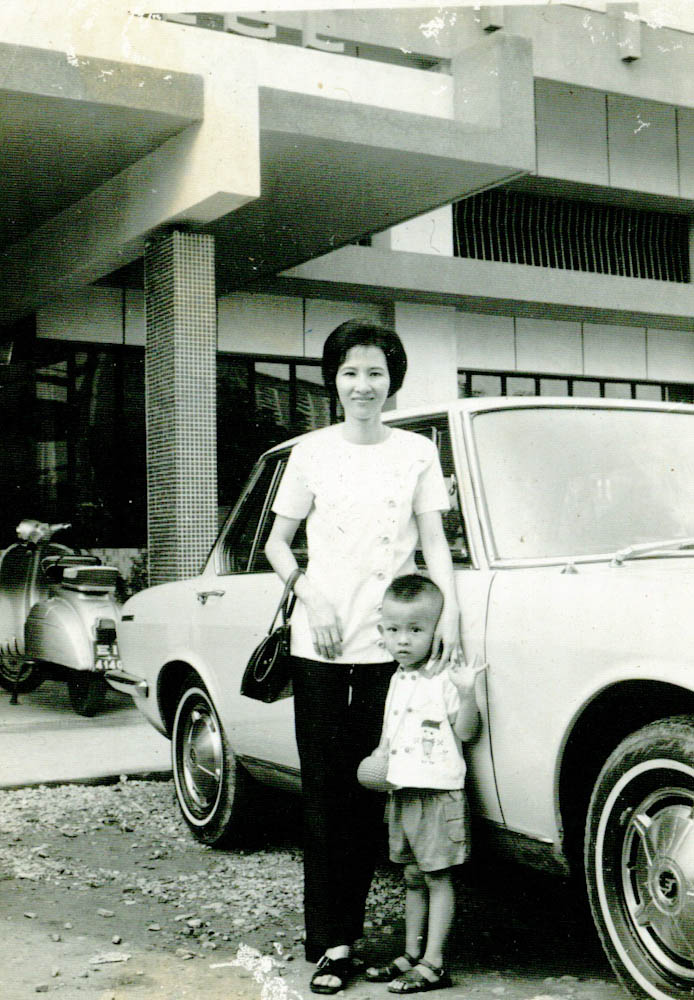
“The day the war ended [April 30, 1975], I remember the tanks coming through the gates,” says Ho, who was interviewed as part of a special PBS StoryCorps inspired by the American Experience film “Last Days in Vietnam,” both of which commemorate the 40th anniversary of the fall of Saigon. “I remember that as a happy day; we didn’t care who won, we were just happy it was over and we weren’t killed.”
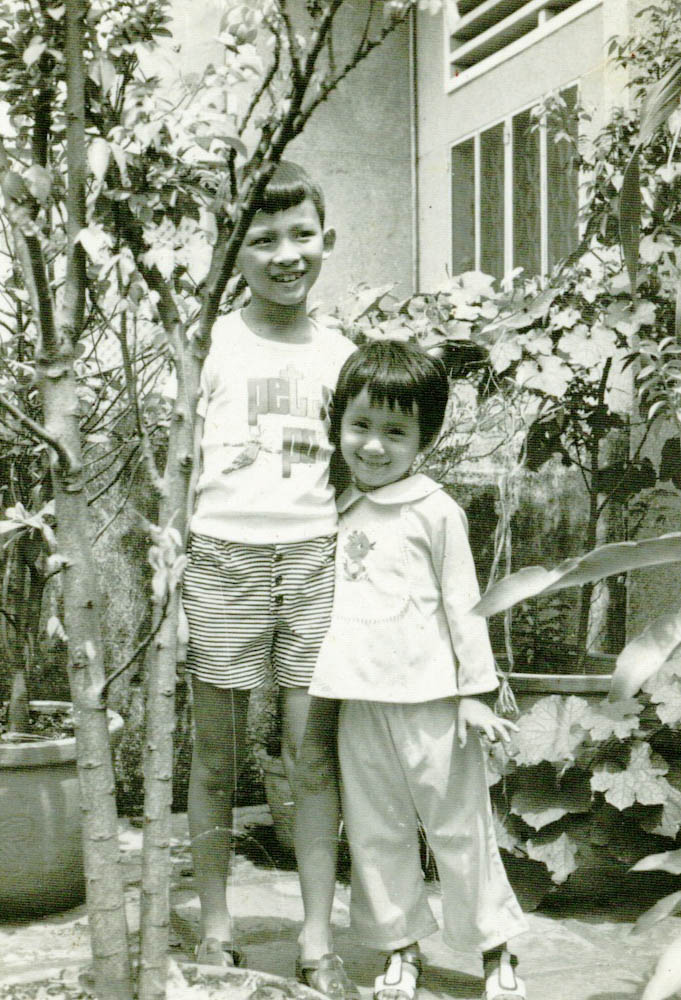
Ho, ethnically Chinese, was born in 1968 following the Tet Offensive, a large military campaign of surprise attacks throughout South Vietnam by the Viet Cong and North Vietnamese. Curfews prevented his mother from reaching the hospital, so he was delivered by his grandmother at home, while outside the city was under fire.
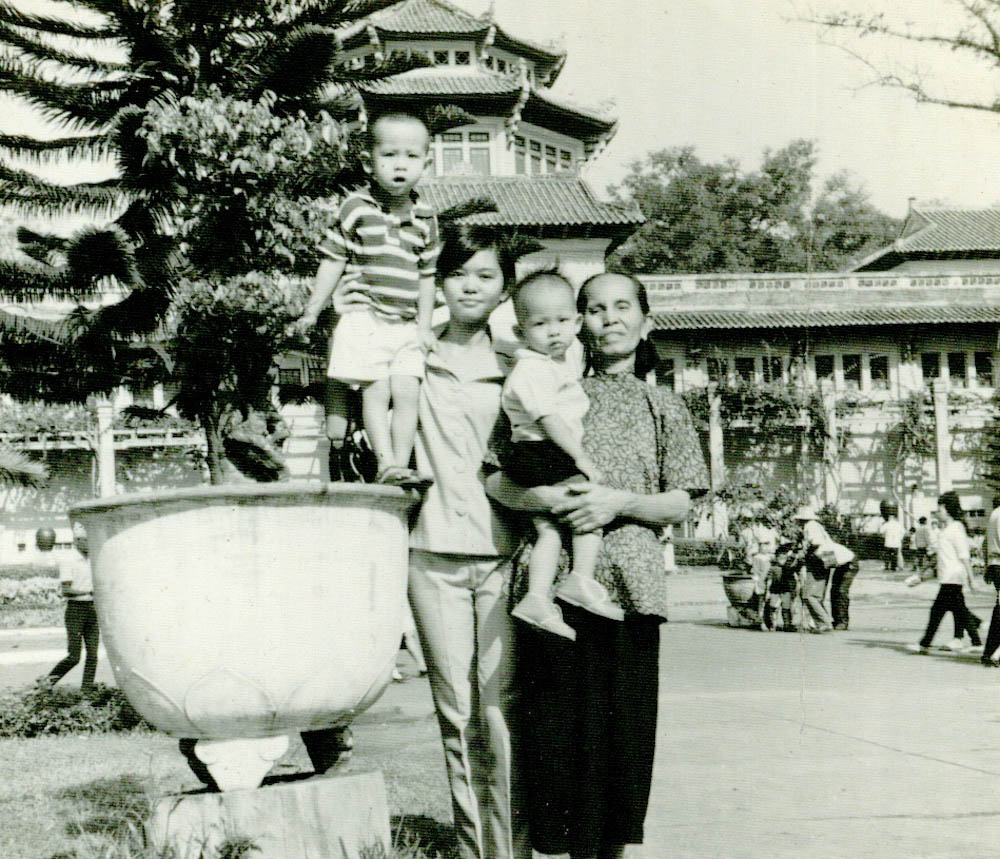
The week the Vietnam War ended, the Viet Cong bombed the Saigon airport, preventing Americans from evacuating the city. While a small number of Vietnamese got out, many, like the Ho family, were left behind. Being Chinese – and capitalists – made things harder for the Ho family in communist Vietnam, eventually forcing them into hiding before they left the country by boat in 1978.
“We basically drifted for seven days to Malaysia,” Ho recalls of the journey from Vietnam on a fishing boat so full with refugees they had to jettison all personal belongings. “But we were lucky: Many of my neighbors and childhood friends who left at the same time on other boats didn’t survive the journey.”
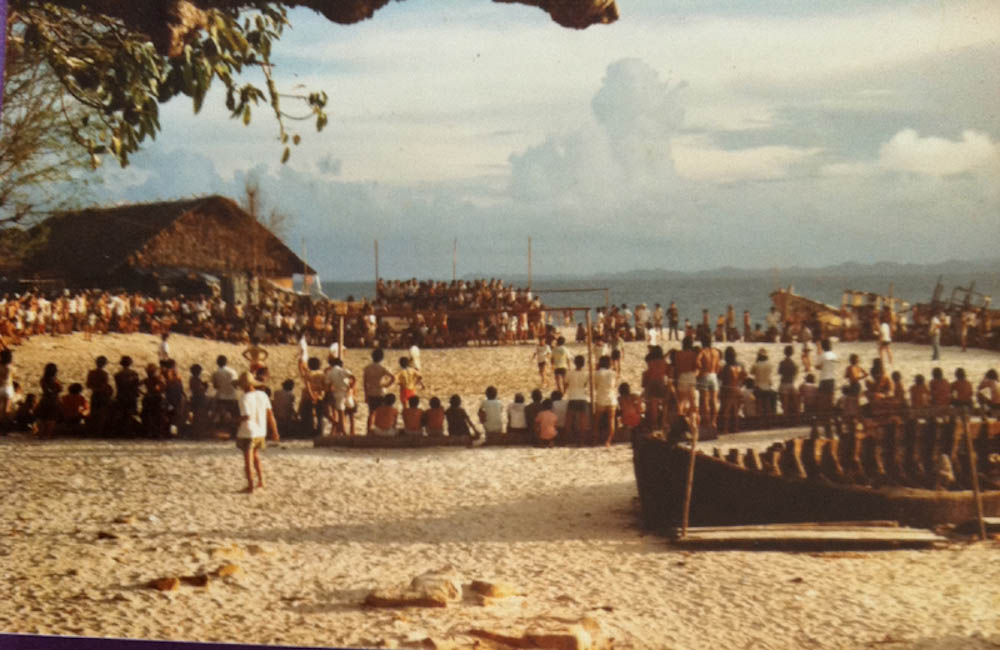
It was in the Malaysian refugee camp that Ho first dreamed of becoming a doctor. He watched as a boat full of hundreds of Vietnamese refugees sank, and saw frenzied doctors work on the few survivors with the meager supplies they had. “Those images stick with you,” he says. “I was only 10, but I was shocked. I knew I could do something to help in the future.”
When the Ho family arrived in Boston eight months later, Ho, then 11, estimates he was at a kindergarten English reading level. But within a year, thanks to a Chinese bilingual teacher, Ho entered a regular sixth grade class.
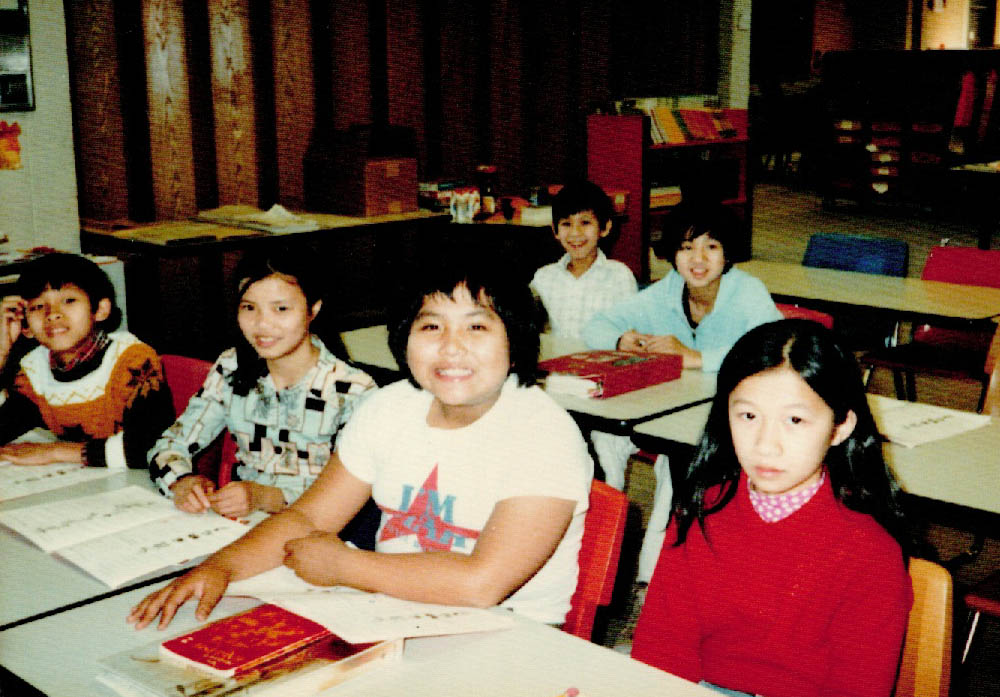
By the time ninth grade began, he was enrolled in one of the best schools in Boston, and four years later he was a freshman at Harvard University.
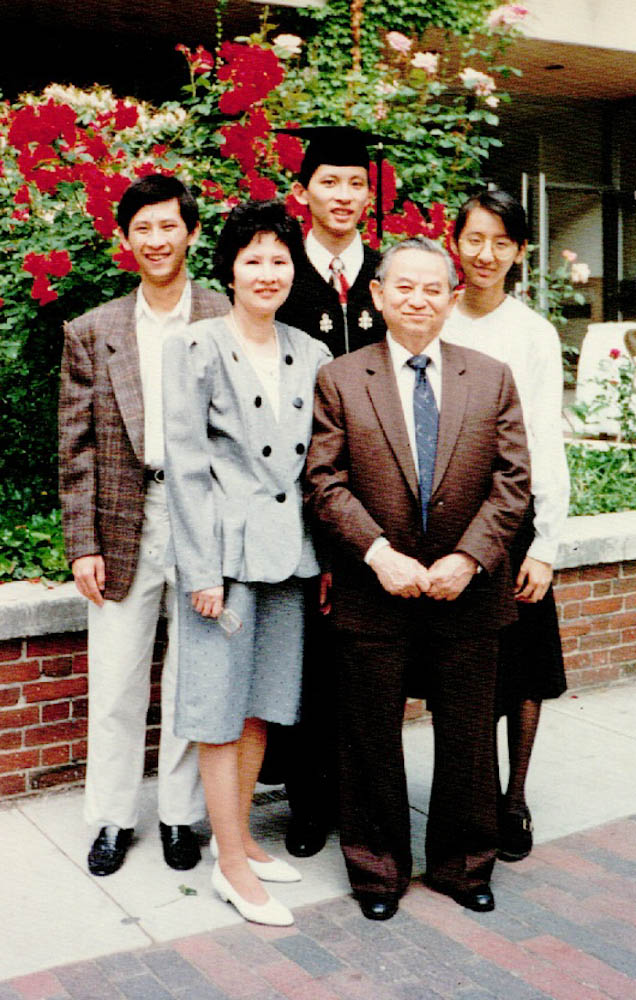
“I always wanted to do something challenging, and cancer seemed challenging and fascinating to me,” says Ho of his career path. “My grandmother who delivered me died of colon cancer six years after coming to the U.S.; I told her I would work on finding a cure.”
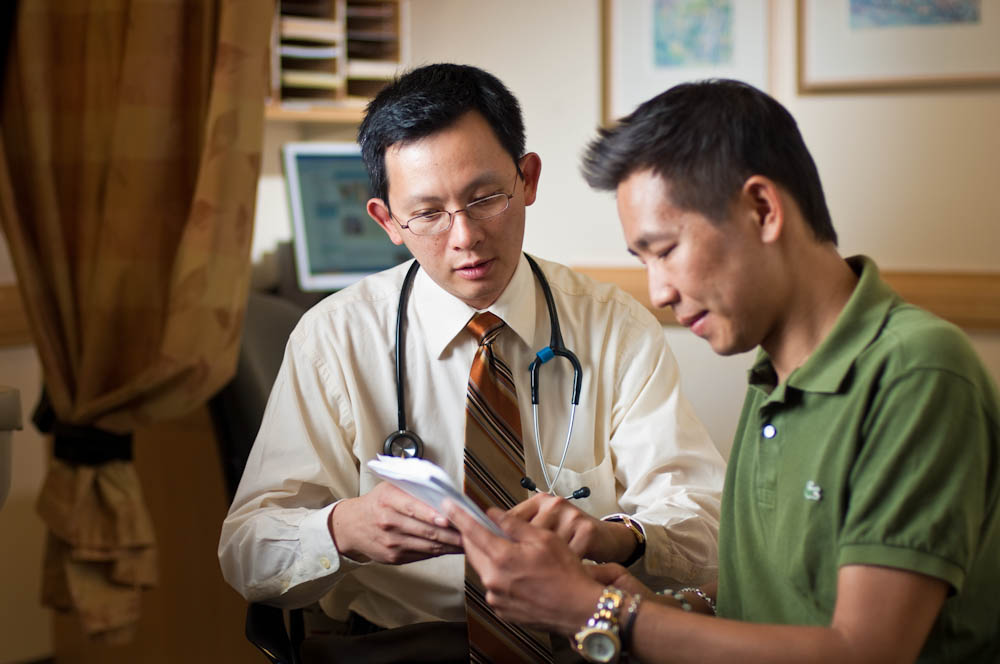
“Seeing patients make it through transplants and watching them grow old with their families, that’s what keeps me going.”
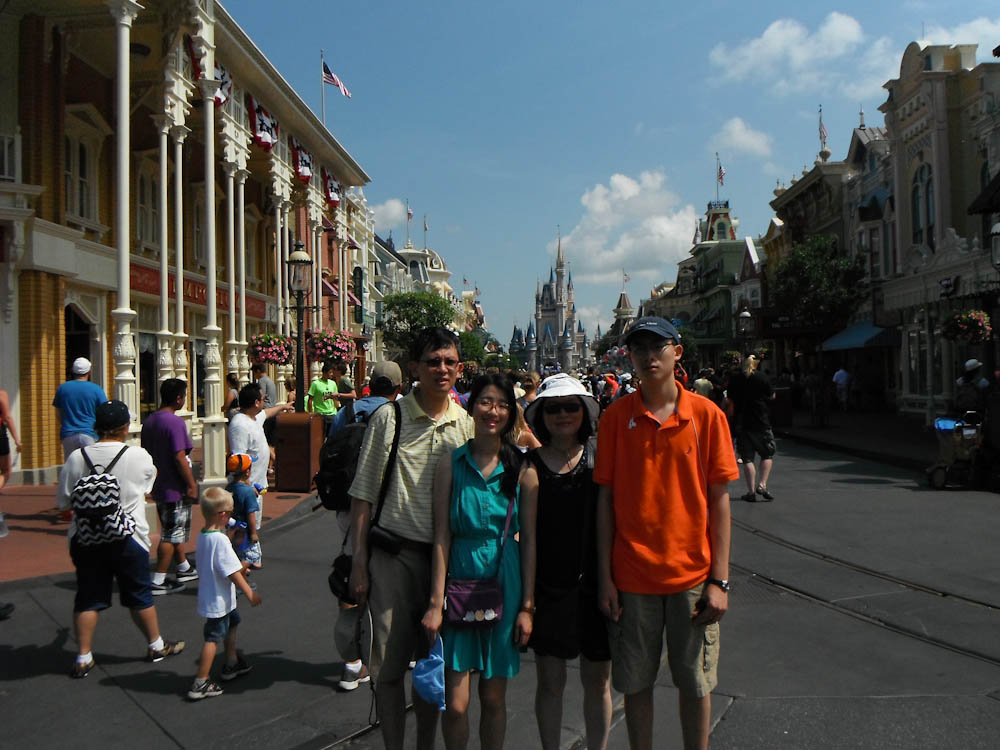
Learn more about Ho’s journey to America in his StoryCorps interview, and watch “Last Days in Vietnam.”

I have R.A it’s destroying my lungs i have pulmonary fibrosis and copd i can’t fight
off any infections. Would stem cell research help me at all this has been going on
for year’s
Dear Joseph —
We are so sorry to hear about your health issues. Unfortunately, we cannot offer medical advice on this blog or over email. It is best to bring these questions to your physician or care team. If you are interested in learning more about stem cell-related clinical trials, you can visit this page: http://www.dana-farber.org/Research/About-Clinical-Trials.aspx?track=clinicaltrials. I hope this is helpful! Wishing you all the best.